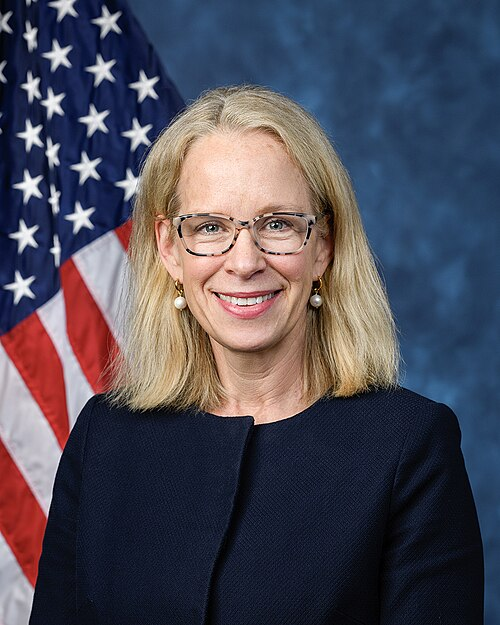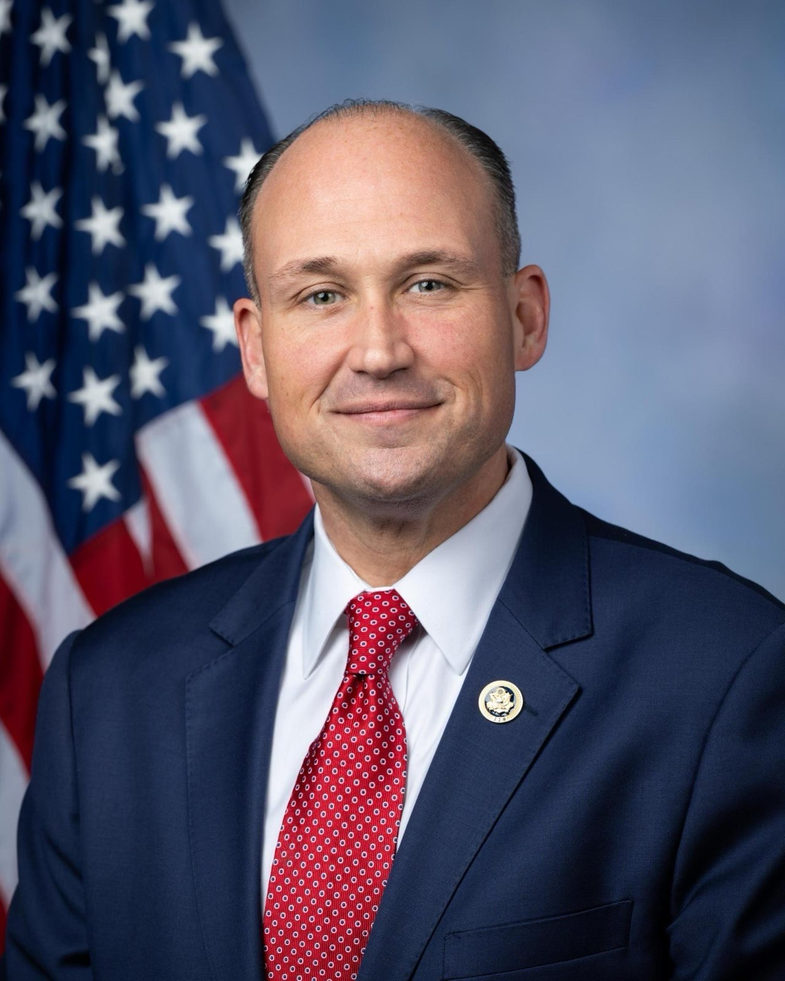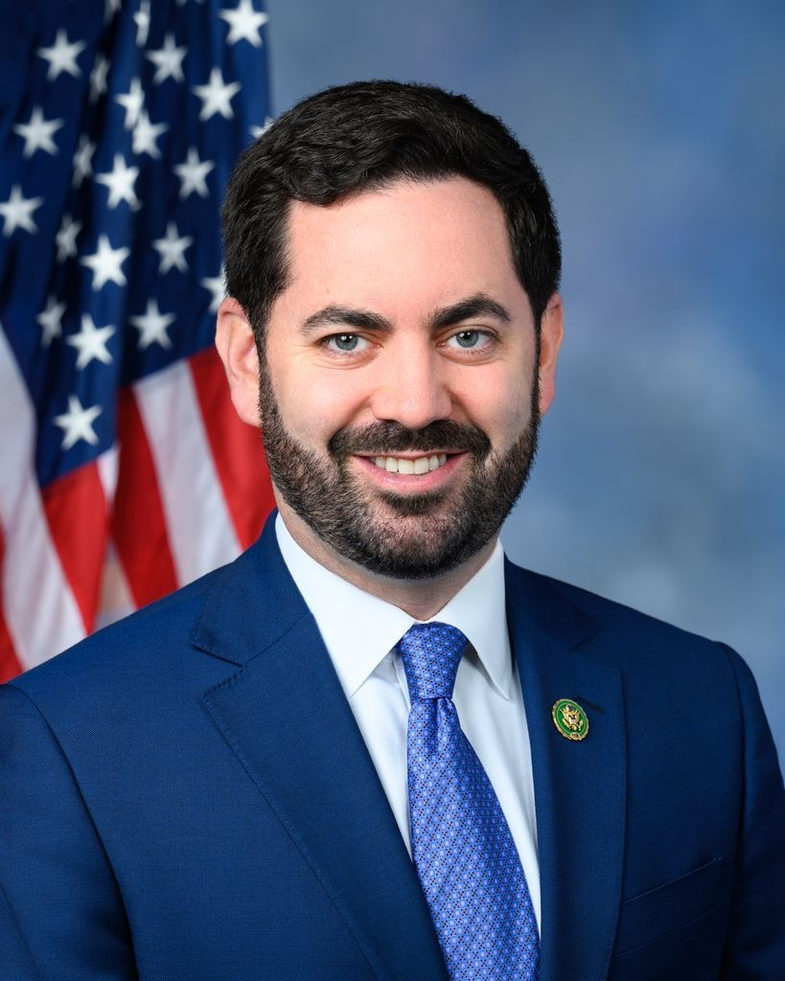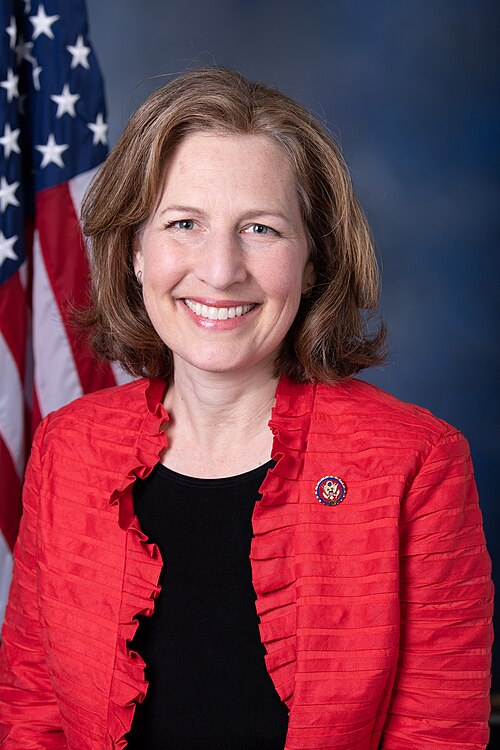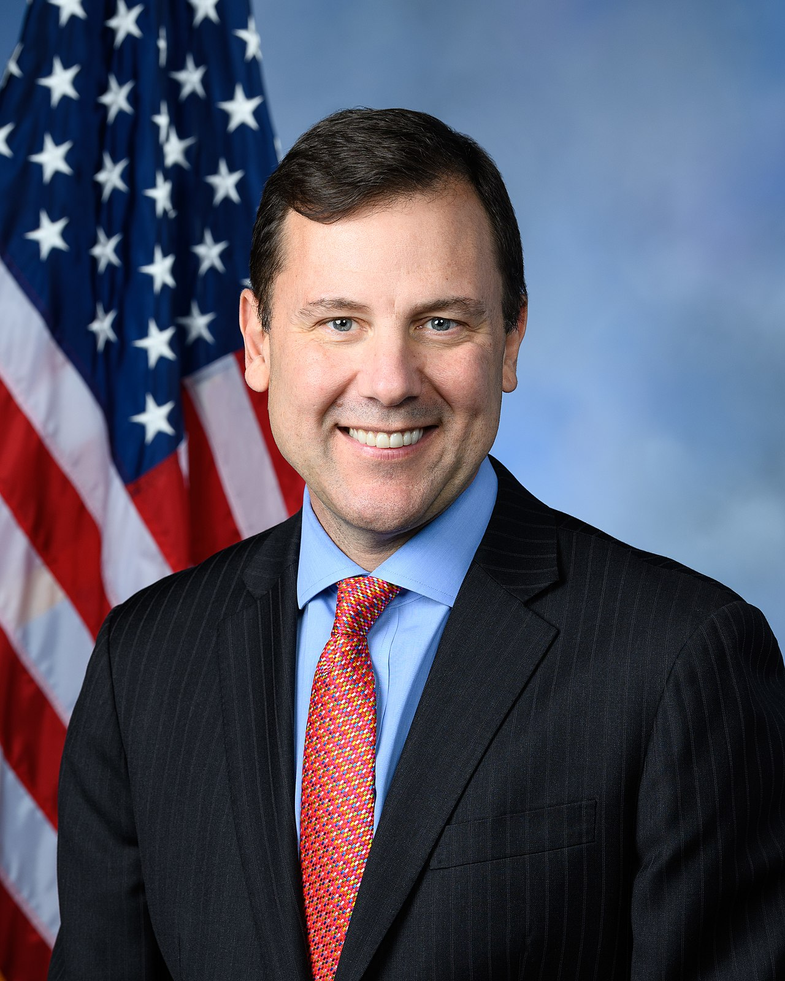H.R. 4709: Newborn Screening Saves Lives Reauthorization Act of 2025
The Newborn Screening Saves Lives Reauthorization Act of 2025 aims to amend and extend certain programs related to the screening and treatment of genetic disorders in newborns and children. Here’s a summary of the key components of the bill:
1. Purpose
The bill's primary purpose is to enhance the effectiveness of newborn screening processes and to provide better educational resources for families and patient advocacy groups regarding early detection and management of heritable disorders.
2. Improved Screening and Follow-Up
The legislation seeks to improve screening and follow-up for inherited conditions by:
- Facilitating educational programs that focus on newborn screening counseling, testing, follow-up care, treatment, and long-term support.
- Addressing current knowledge gaps and incorporating effective communication strategies in educational materials.
- Ensuring materials are accessible, using appropriate literacy levels for diverse populations.
- Implementing strategies to reconnect with patients who may not have received necessary follow-up services.
3. Advisory Committee Enhancements
The bill proposes changes to the Advisory Committee that governs newborn screening by:
- Encouraging improvements in processes and making the committee’s activities more transparent.
- Requiring the development and publication of easily understandable materials about the screening process and technical assistance.
- Stipulating the recommended use of genetic testing in the appropriate contexts.
4. Information Clearinghouse
The legislation will establish a clearinghouse for newborn screening information, ensuring that it complements other federal initiatives aimed at disseminating screening information.
5. Laboratory Quality and Surveillance
It aims to enhance laboratory operations by:
- Updating standards for developing new screening tests and improving data analysis and interpretation.
- Coordinating national surveillance activities to maintain consistency in data collection and monitoring across states.
6. Research Program Funding
The Hunter Kelly research program will receive adjustments, including:
- Mandating that funding recipients collaborate with state health departments.
- Shifting from a discretionary to a mandatory approach in some of its funding considerations.
7. Budget Authorization
The bill significantly increases the appropriations for newborn screening programs, reflecting a commitment to enhancing the resources available for these initiatives. Specifically:
- Increasing authorized funding from $11.9 million to $20.883 million.
- Increasing another funding category from $8 million to $22.25 million, extending the financial support period until 2030.
8. Ethics and Oversight
The legislation updates the ethical guidelines surrounding the use of newborn dried blood samples in research, categorizing this type of research as secondary research, which simplifies the regulatory process for federally funded research.
Relevant Companies
- ILMN (Illumina, Inc.): As a leading company in genetic sequencing and testing, Illumina may benefit from increased demand for genetic testing as a result of enhanced newborn screening initiatives.
- REGN (Regeneron Pharmaceuticals, Inc.): Regeneron focuses on genetic therapies, which could see greater relevance if newborn screenings for genetic disorders increase.
This is an AI-generated summary of the bill text. There may be mistakes.
Sponsors
6 bill sponsors
Actions
5 actions
| Date | Action |
|---|---|
| Sep. 10, 2025 | Forwarded by Subcommittee to Full Committee by Voice Vote. |
| Sep. 10, 2025 | Referred to the Subcommittee on Health. |
| Sep. 10, 2025 | Subcommittee Consideration and Mark-up Session Held |
| Jul. 23, 2025 | Introduced in House |
| Jul. 23, 2025 | Referred to the House Committee on Energy and Commerce. |
Corporate Lobbying
0 companies lobbying
None found.
* Note that there can be significant delays in lobbying disclosures, and our data may be incomplete.
